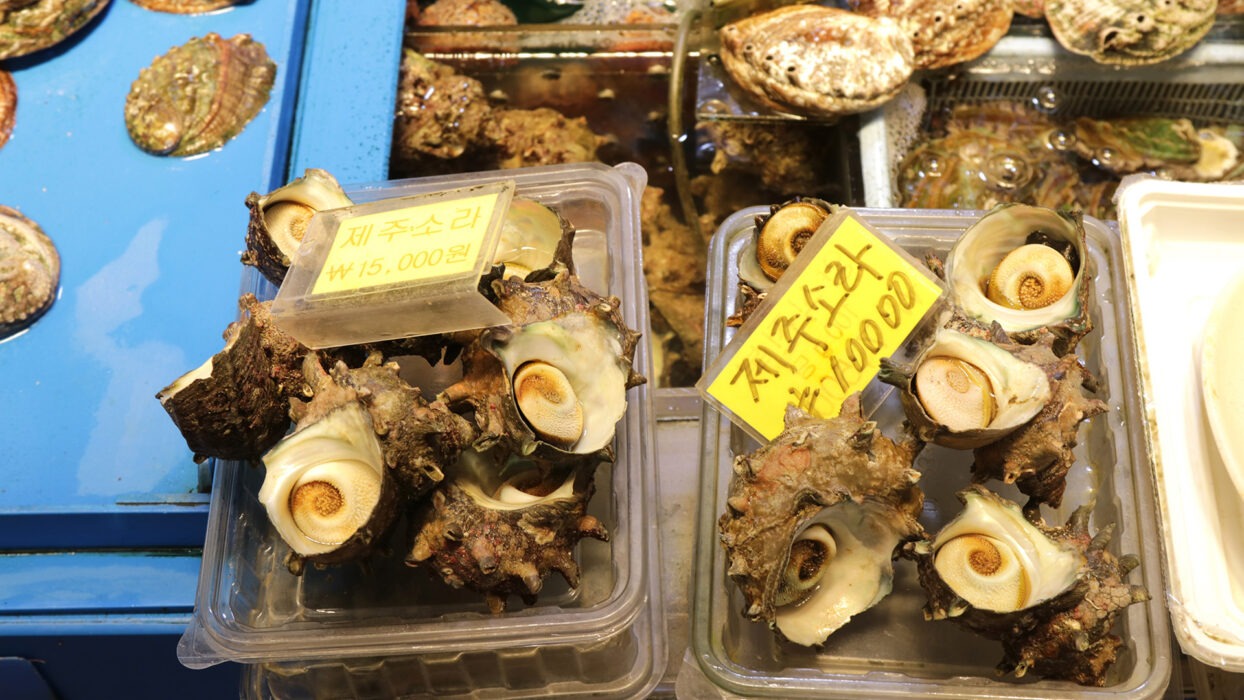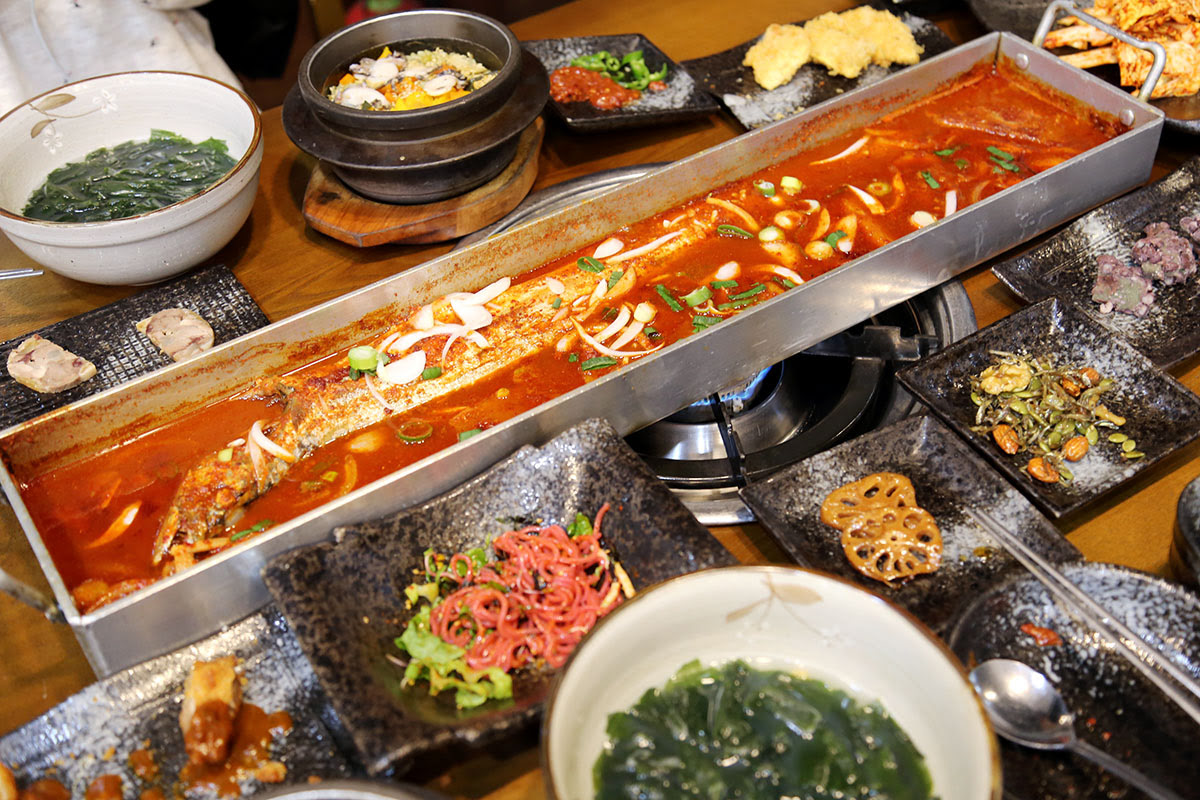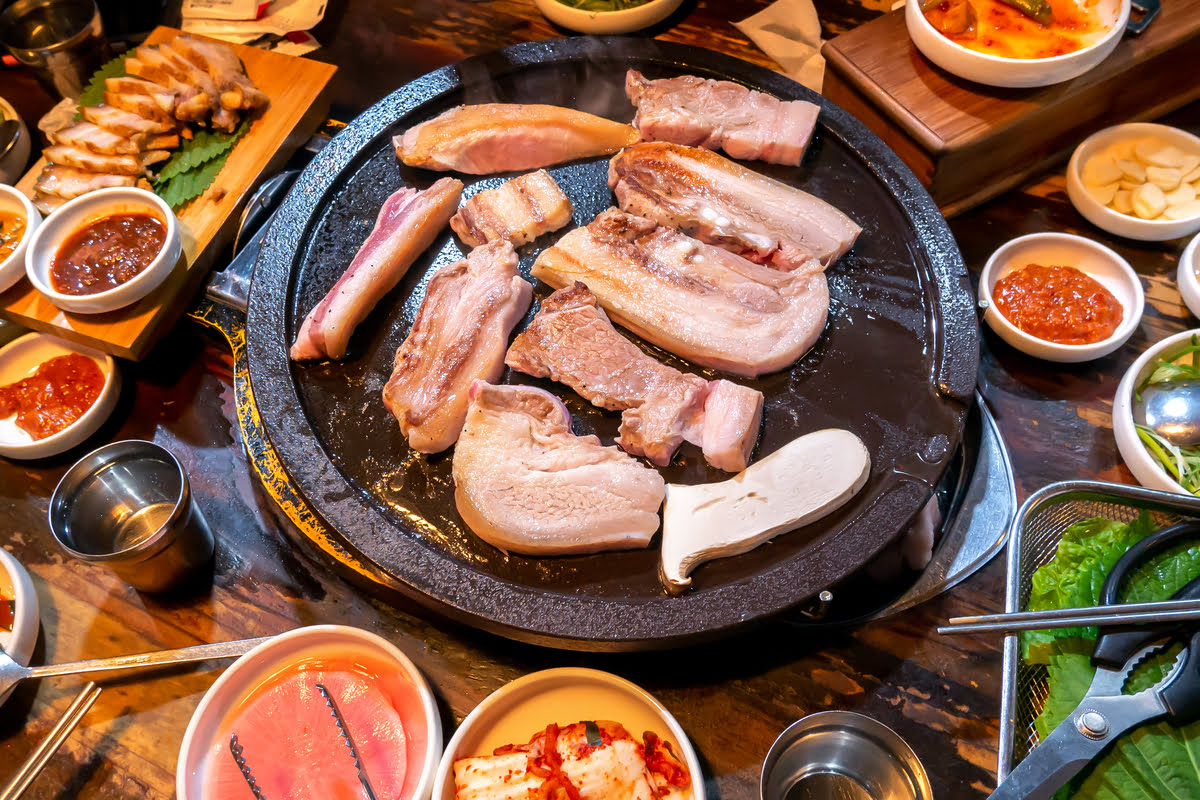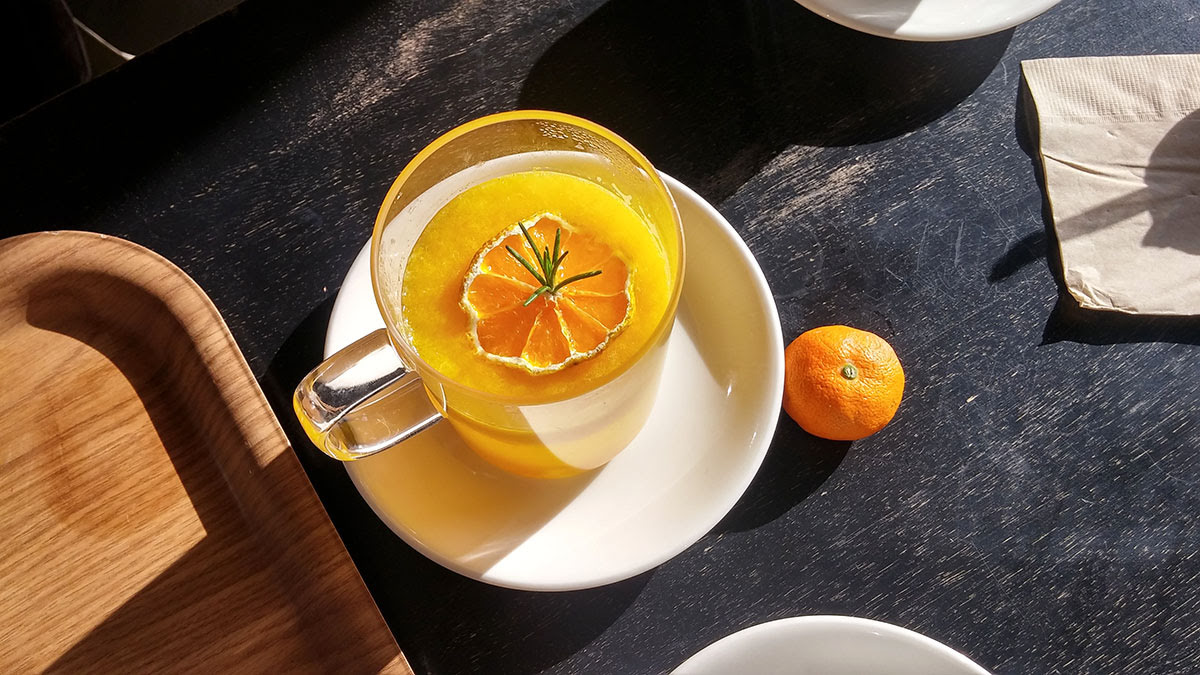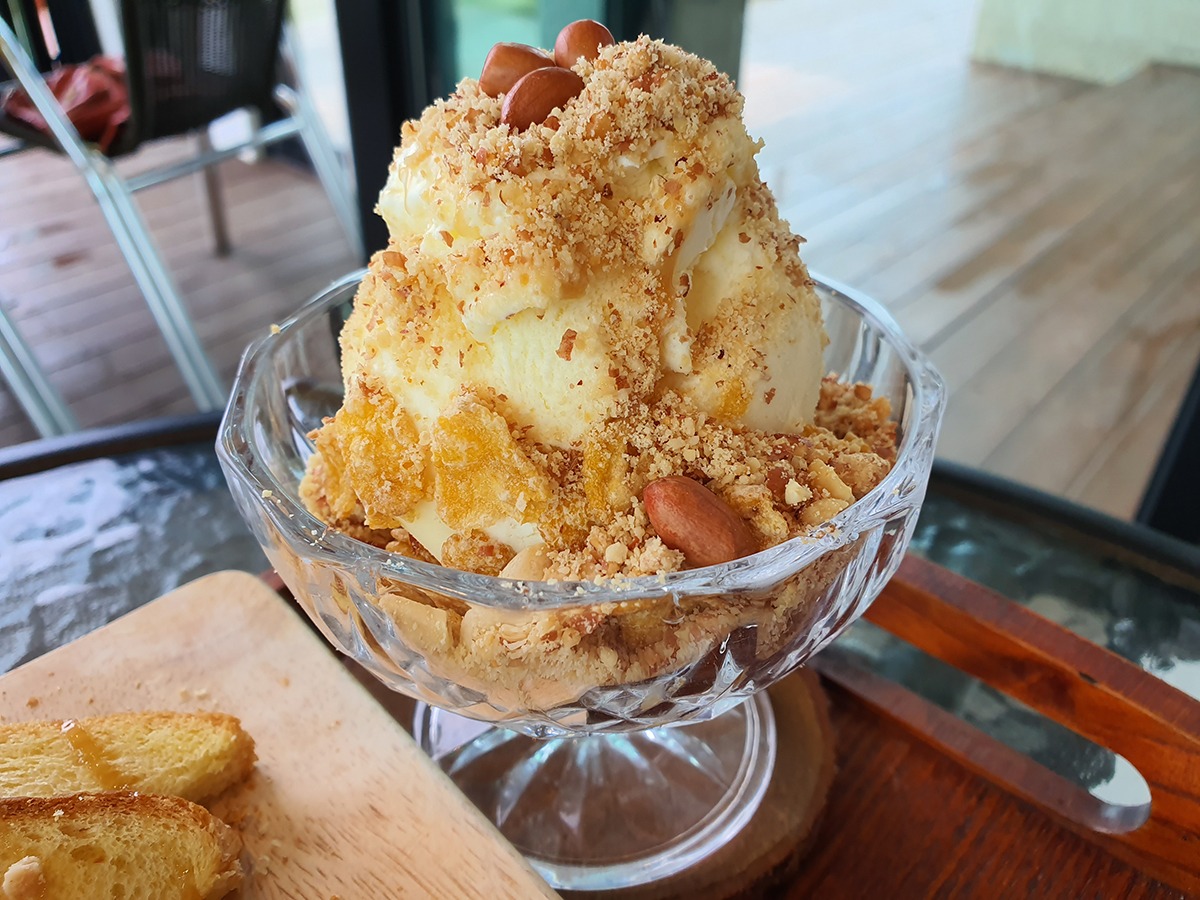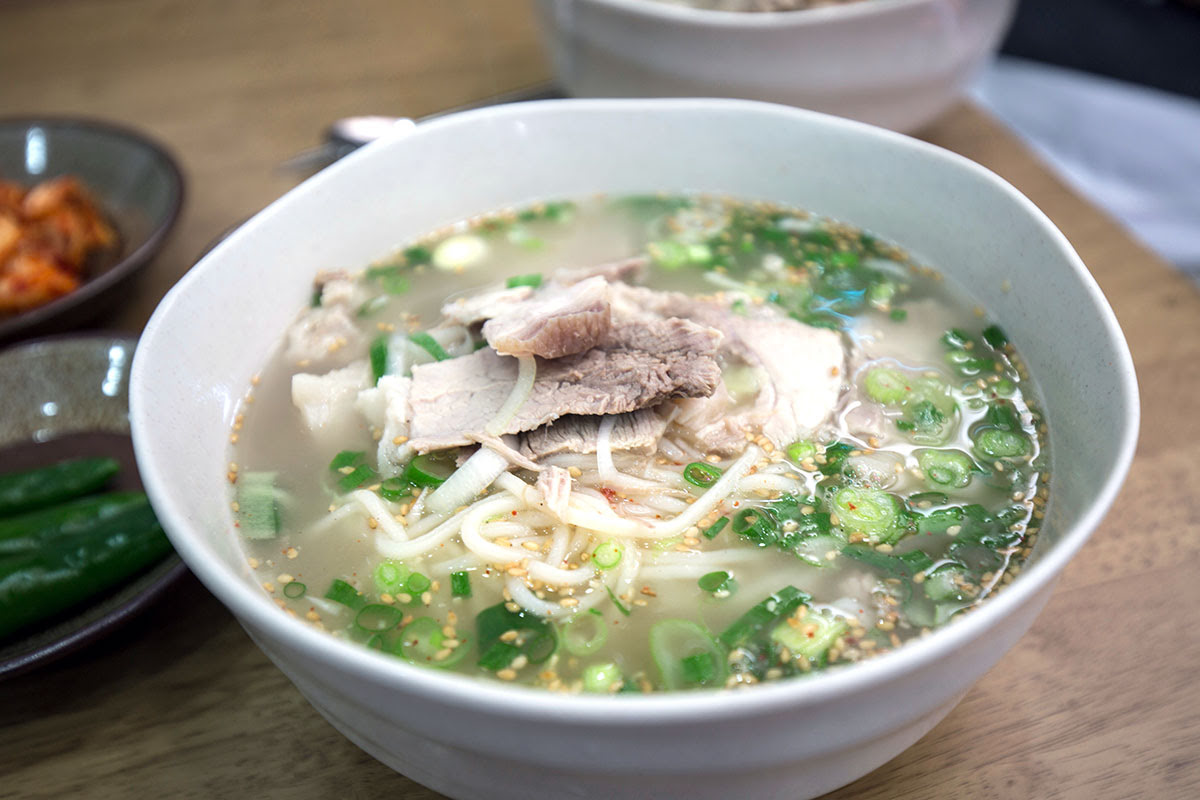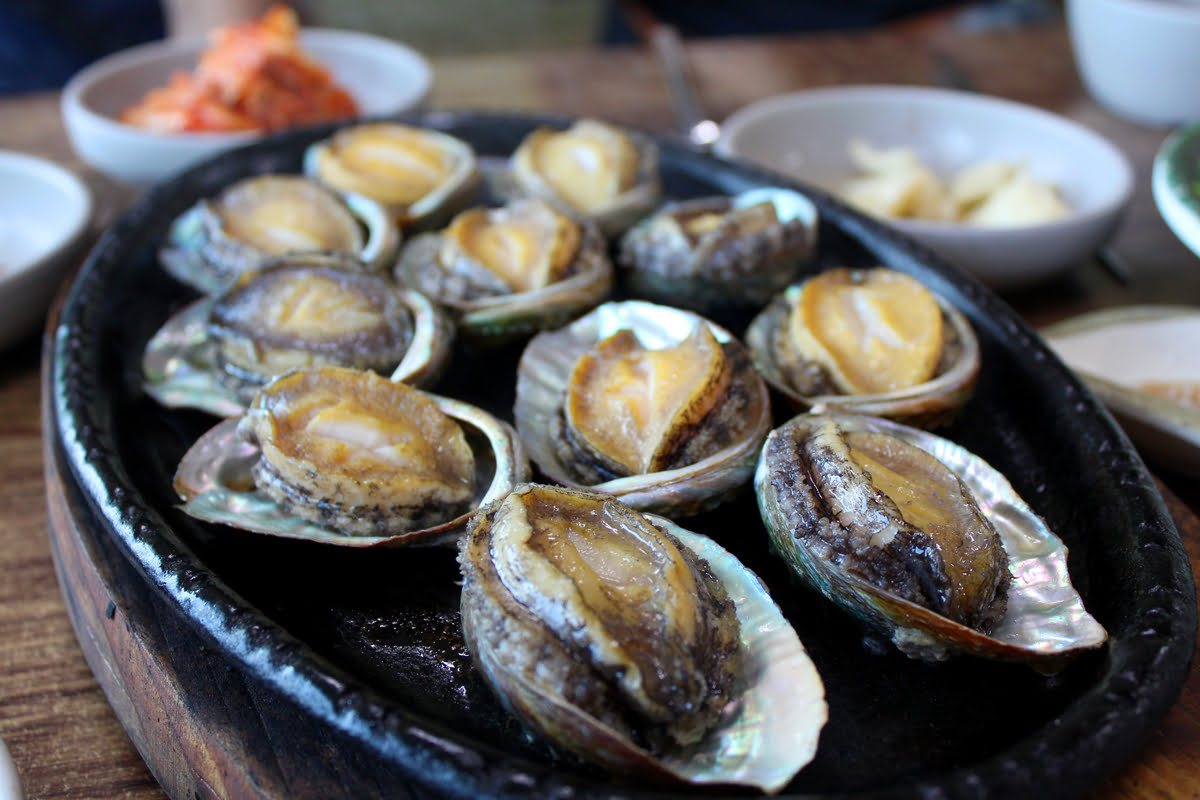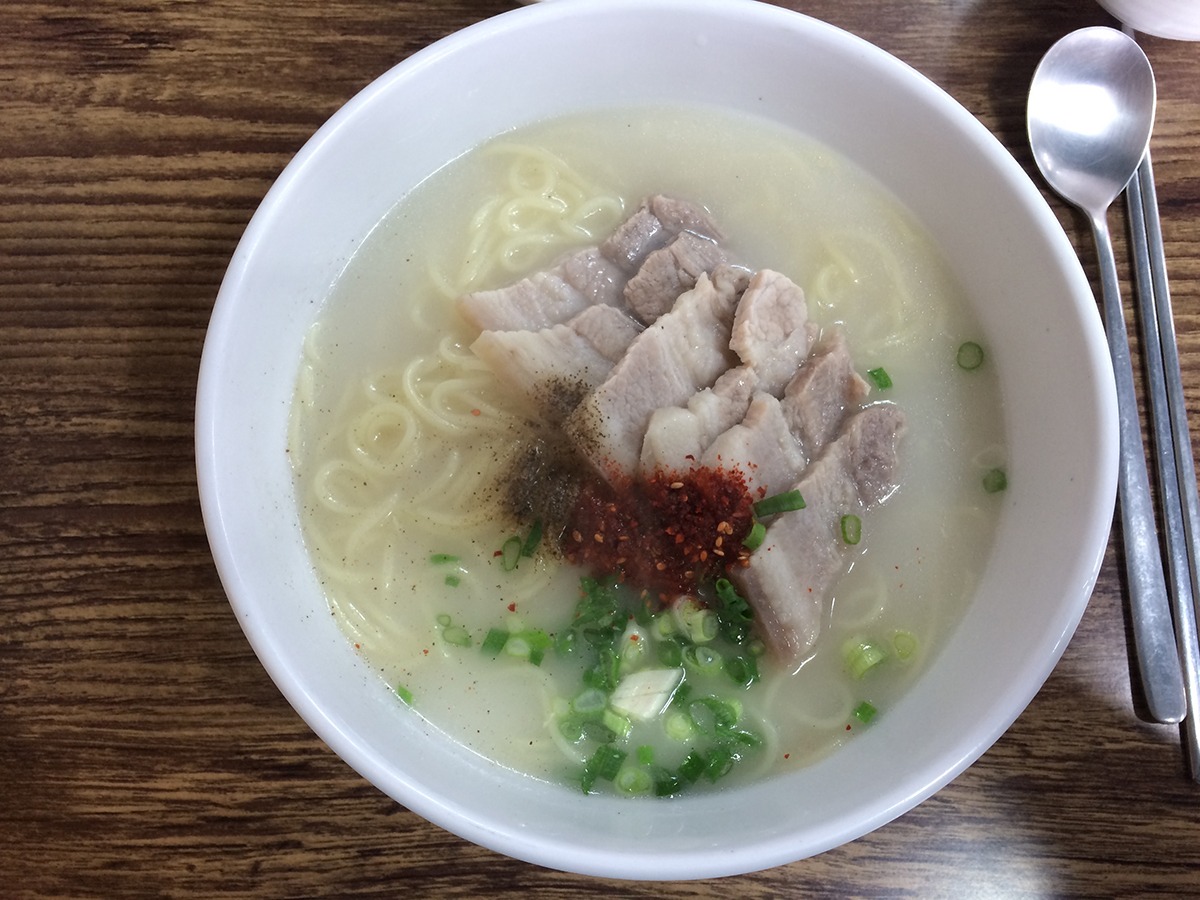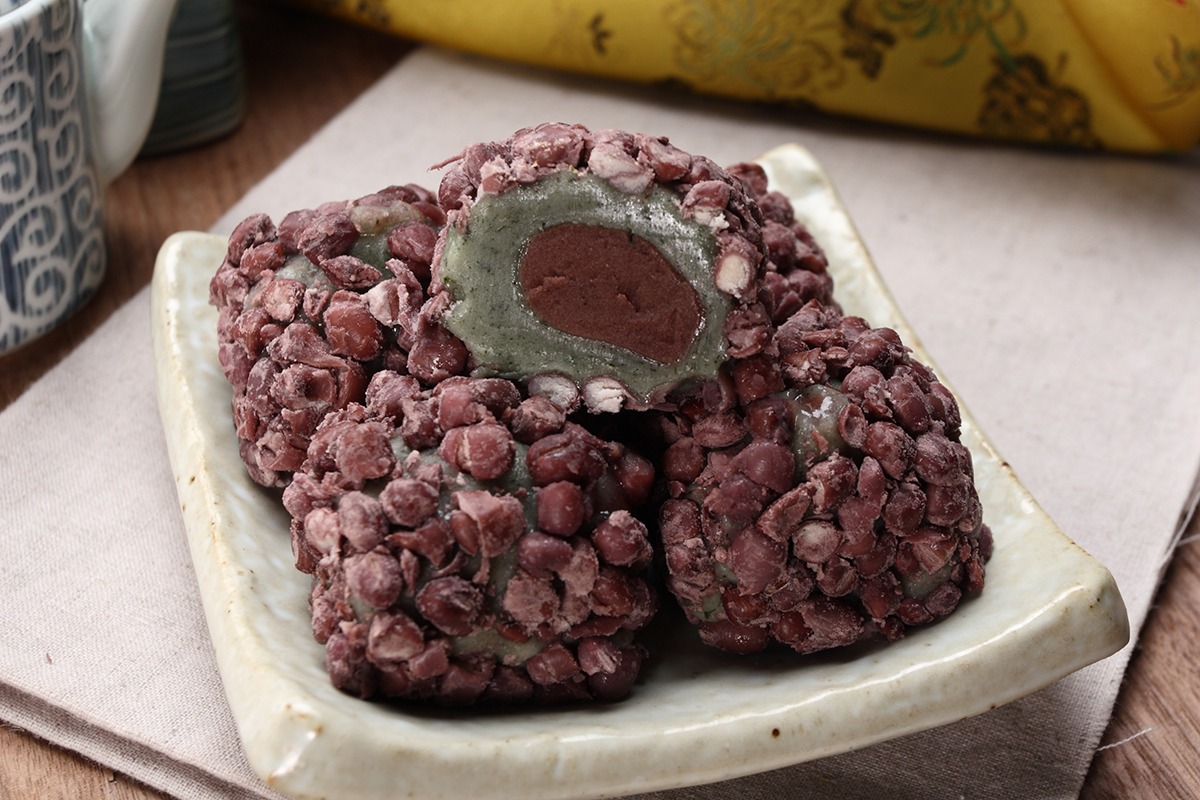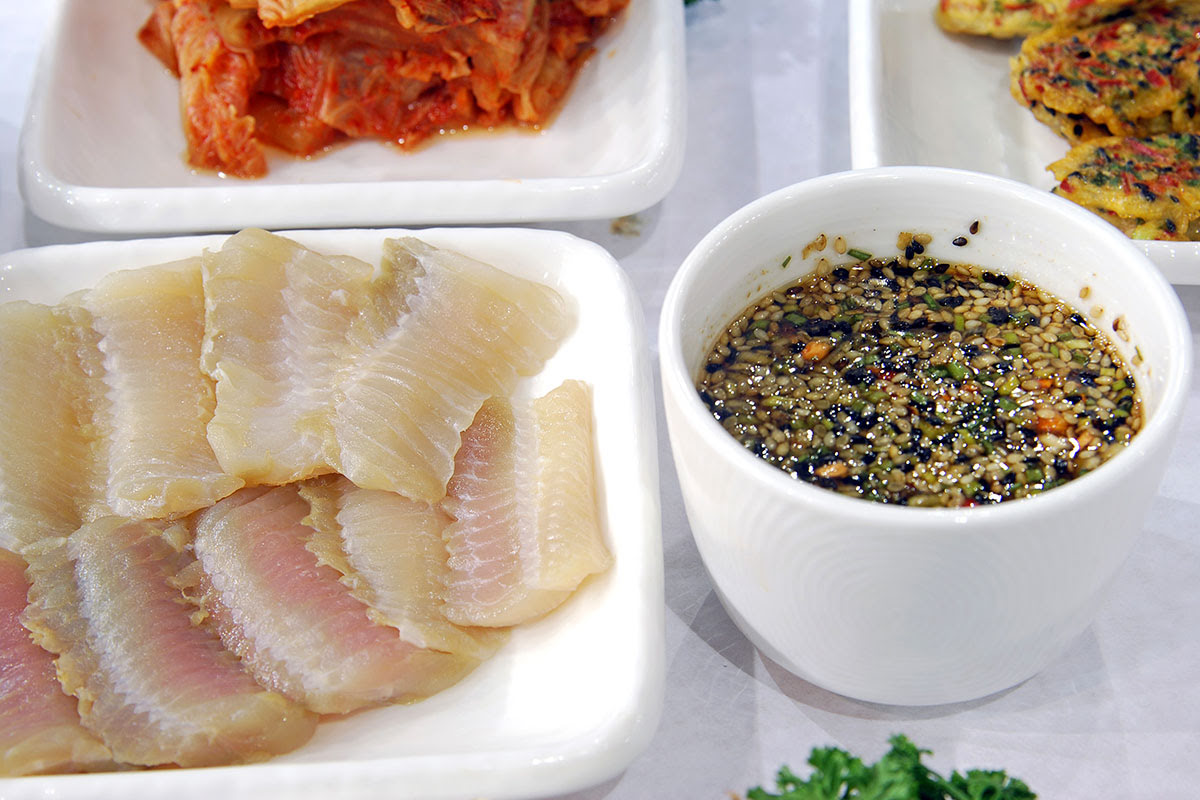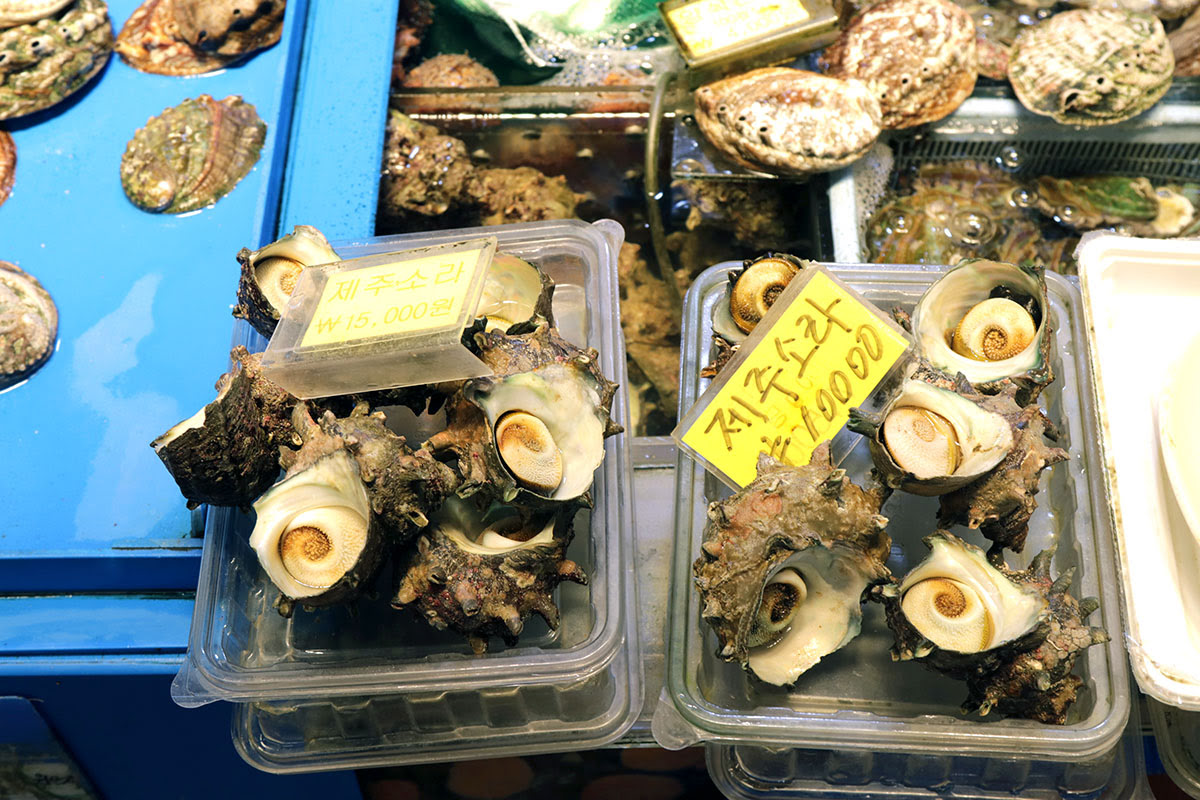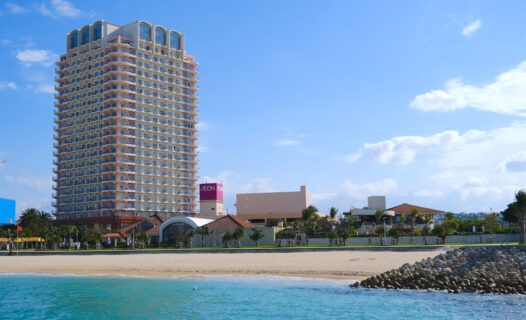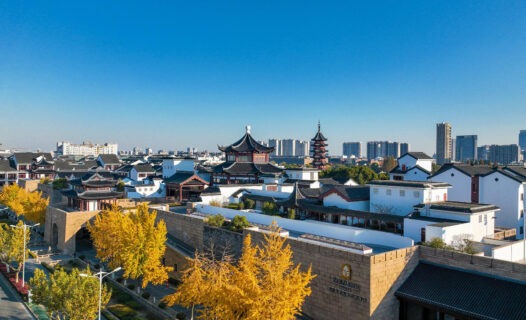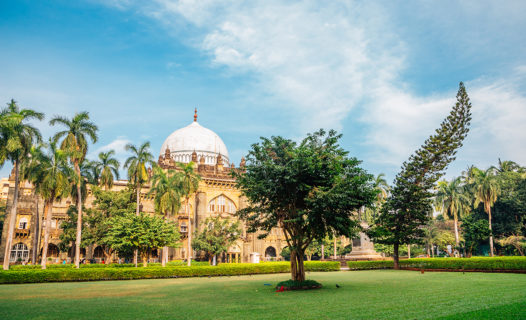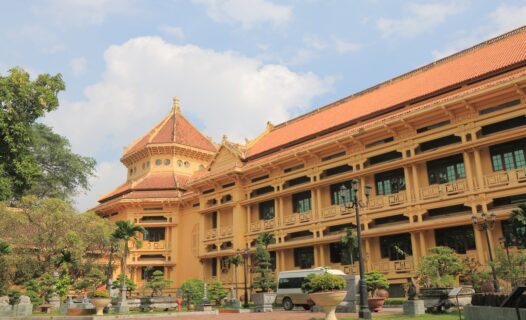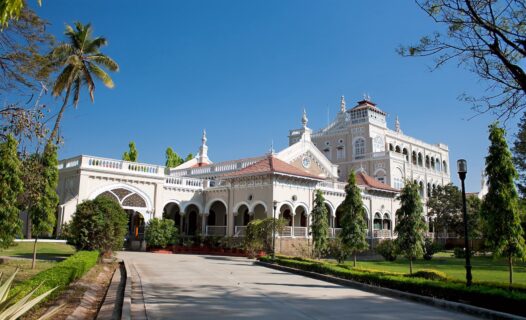Jeju’s Unique Culinary Landscape
Jeju Island, a gem off the southern coast of South Korea, is not only renowned for its breathtaking natural beauty but also for its unique culinary landscape. The island’s cuisine is a vibrant tapestry woven with the freshest seafood, homegrown fruits, and traditional Korean flavors. Here, every dish tells a story of the island’s culture and history, deeply influenced by its geographic isolation and the resourcefulness of its people. From the fresh catch of the day brought in by local fishermen to the lush citrus groves dotting the landscape, Jeju’s food is a direct reflection of its rich and diverse environment.
Galchi Jorim: A Seafood Lover’s Dream
One cannot discuss Jeju’s culinary delights without mentioning Galchi Jorim, a braised Jeju cutlassfish stew that’s a must-try for any seafood enthusiast. This traditional dish is made with a long, thin, and silver-colored fish called Galchi, or hairtail fish, known for its delicate texture and rich flavor. Cooked in a spicy and savory stew, it often includes a generous addition of octopus, shrimps, and abalones, making it a seafood lover’s dream. Galchi Jorim is not just a meal; it’s an experience, best enjoyed in the local eateries spread across Jeju, where the fish is served fresh, often in a visually striking long metal pot.
Jeju Black Pork BBQ: A Must-Try Delicacy
For meat lovers, Jeju’s Black Pork BBQ is an unmissable culinary delight. The island’s black-haired breed of pig, known as Heuk-dwaeji, offers a unique taste that stands out from standard pork, with its chewiness, great marbling, and a meaty, steak-like flavor. This local specialty has people traveling from all corners just to get a taste of what’s arguably the best pork in South Korea. The heart of this culinary experience is Black Pork Street in downtown Jeju City, where rows of restaurants serve this delicacy, each boasting their own secret recipes and cooking techniques. As you stroll down the street, the enticing aroma of grilled meat fills the air, promising a meal you won’t soon forget.
Find the perfect stay in Jeju City
Sweetness of Jeju: Tangerine and Hallabong Delights
No trip to Jeju is complete without indulging in its famous tangerines. Jeju tangerines, known for their high sugar content, thin rinds, and juicy texture, are a treat for the senses. Among these, the Hallabong tangerines are the most celebrated, named after the shape resembling Hallasan Mountain. These tangerines, with their crunchy pulp and rich juiciness, are not just a fruit but a symbol of Jeju’s agricultural pride. Visitors can enjoy these delightful citrus fruits at various local fruit stalls and markets across the island, where they are often freshly picked and bursting with flavor.
Peanut Ice Cream on Udo Island
For a sweet twist, head over to Udo Island, a small isle off Jeju known for its pristine beaches and unique peanut ice cream. This delightful treat is made from locally grown peanuts, offering a creamy and nutty flavor that perfectly complements the island’s laid-back vibe. The ice cream is available in various combinations at different cafes and eateries around Udo. As you explore the island’s white beaches and emerald seas, a scoop of this peanut ice cream is the perfect accompaniment, providing a taste as memorable as the scenic views.
Pheasant Buckwheat Kalguksu: A Bite of History
Pheasant Buckwheat Kalguksu, a dish steeped in Jeju’s culinary history, offers a glimpse into the island’s past. Made from pheasant and buckwheat, this dish arose from necessity, as rice farming was challenging due to Jeju’s harsh weather. The broth, enriched with pheasants caught in the mountains, and noodles made from locally grown buckwheat, narrate a tale of adaptation and survival. Eating Pheasant Buckwheat Kalguksu is like savoring a piece of Jeju’s history, and it’s available in several traditional restaurants on the island, where the dish is prepared with utmost respect for its heritage.
Jeju’s Abalone Delicacies
The waters around Jeju are home to a culinary treasure – abalones, harvested by the island’s legendary female divers, known as Hae-nyeo. These women, often mothers and daughters, dive deep without oxygen tanks, embodying a tradition that dates back centuries. Abalones from Jeju are prized for their chewy texture, a result of the strong sea currents they navigate. Once a delicacy reserved for royalty, today abalones are a key ingredient in many Jeju dishes, from stews to grilled preparations. To fully appreciate this local specialty, visit restaurants run by Hae-nyeos themselves, offering a true taste of the ocean’s bounty.
Comfort in a Bowl: Jeju Pork Noodles
Jeju’s culinary scene would be incomplete without mentioning Gogi Guksu, a comforting bowl of pork noodles that symbolizes the island’s gastronomic heritage. The dish, often featuring Jeju’s renowned black pork, is a testament to the island’s festive traditions, where it’s served during special occasions. The broth, slow-cooked from leftover bones, is rich and creamy, paired with sliced pork and yellow noodles. Near the Jeju Folklore & Natural History Museum, a stretch known as Noodle Street is the perfect place to savor this authentic Jeju delight, where each restaurant adds its own unique twist to the recipe.
Omegi Rice Cake: A Traditional Snack
Omegi-tteok, a speciality rice cake of Jeju, is as much a treat for the eyes as it is for the palate. Made from glutinous millet dough, these cakes are rolled in bean powder and mashed red beans, sometimes with added mugwort for color and flavor. The outside might look rough, but biting into one reveals a chewy texture with a blend of nutty and sweet flavors. A staple at Jeju’s traditional markets and tourist sites, Omegi-tteok is best enjoyed fresh. It also makes for a thoughtful souvenir, with some shops offering individually wrapped cakes for easy transport.
Exploring Jeju’s Coastal Café District
A visit to Jeju is not just about the food; it’s about the experience, and the Coastal Café District along the road to Iho Taewu Beach is a testament to this. This stretch, adorned with trendy cafes, offers not only excellent coffee and snacks but also stunning views of the East Sea. As evening falls, the area transforms, with colorful lights and art installations enhancing the atmosphere. Here, you can unwind with a cup of expertly brewed coffee while enjoying the serene view of fishing boats bobbing in the water, a perfect way to relax after a day of exploring Jeju.
Unique Dining Experiences in Jeju
Jeju’s cuisine is a mosaic of flavors and traditions, with dishes like Moom-guk, a seaweed soup with pork, and Bomal Kalguksu, knife-cut noodles made with top shells. Sea Urchin Kelp Soup, once a dish for special occasions, showcases the fresh sea urchins of Jeju’s waters. Don’t miss out on Mulhoe, a cold fish soup that is a summertime favorite. Each dish offers a unique taste of Jeju, reflecting the island’s rich culinary heritage and the abundance of its natural resources.
Exploring Traditional Markets and Night Markets
For a truly immersive culinary experience, the traditional markets of Jeju, like Dongmun Market, are a must-visit. Here, amidst the hustle and bustle, you can enjoy local street food favorites like spicy rice cakes (tteok-bokki), Korean blood sausage (sundae), and seaweed rice rolls (gimbap). As night falls, markets like the Arboretum Night Market come alive, offering a variety of Asian and fusion dishes amid a lively atmosphere, perfect for foodies looking to explore the local night scene.
Agoda’s Top Picks for Jeju Accommodation
After a day of culinary adventures, finding the perfect place to rest is essential. Jeju offers a wide range of accommodations, from luxurious resorts to cozy guesthouses. Near Jeju International Airport, top-rated hotels like Hotel RegentMarine The Blue offer luxurious amenities and stunning ocean views. For those exploring the Aewol area, options like the Jeju Rich Hotel provide comfortable stays at affordable prices. Whatever your preference, Agoda has you covered with the best accommodation options to make your Jeju trip unforgettable.
Stay near Jeju International Airport
Explore Aewol’s Best Hotels

